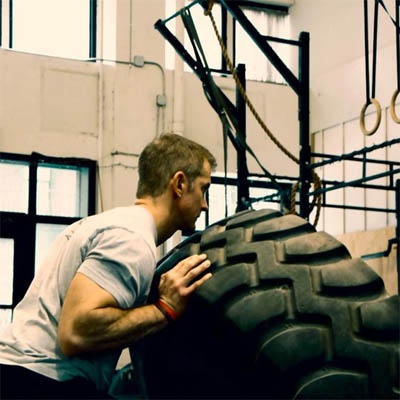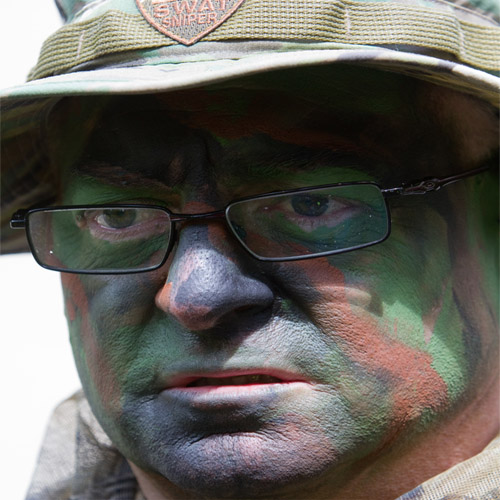I spent the five happiest years of my life in a morgue. As a forensic scientist in the Cleveland coroner’s office I analyzed gunshot residue on hands and clothing, hairs, fibers, paint, glass, DNA, blood and many other forms of trace evidence, as well as crime scenes. Now I'm a certified latent print examiner and CSI for a police department in Florida. I also write a series of forensic suspense novels, turning the day job into fiction. My books have been translated into six languages.
If you want to be a DNA analyst you may need a Masters or PhD in genetics, depending on the requirements of the agency or facility. Check vacancy postings at professional organizations, such as https://webdata.aafs.org/public/jobs/postings.aspx and https://www.theiai.org/job_listings.php.
Best of luck!
I used to analyze dried paint with an FTIR, which I believe would detect lead, but as to what would be better I really don’t know. Sorry I can’t be more help.
No, I've never regretted it. And your job title is whatever your agency says it is, so 'forensic scientist' and 'csi' can mean different things in different agencies, so you can certainly be both. the first implies you work mostly in the lab and the second implies you work mostly in the field, but depending on the size of the agency and any specialization you have, you might do both equally or they might be completely separate.
It may depend on what you want to do. If you want to work crime scene, then you might be a more attractive candidate with all the hands-on practical work of a forensic science degree. But if you want to be a DNA analyst, then I’d go with biology. Best thing to do is call the labs where you might someday apply and ask them. Best of luck!
CrossFit Coach
 Why is Crossfit so popular with women?
Why is Crossfit so popular with women?
Antiques Dealer
 How easy is it to forge a rare piece, and are fakes a big problem in the antiquing world?
How easy is it to forge a rare piece, and are fakes a big problem in the antiquing world?
SWAT Team Commander (Retired)
 How do you decide whether to try and kill a hostage taker?
How do you decide whether to try and kill a hostage taker?
I think that's what I'm doing most of the time when I answer questions on this site. If you look over the previous Q&As you'll probably see a lot of homework questions.
I don’t know what you mean by that.
Medicine. Forensic pathologists are doctors and go to medical school. So I would suggest you take every science course you can, especially biological sciences. Best of luck to you!
-OR-
 Login with Facebook
Login with Facebook (max 20 characters - letters, numbers, and underscores only. Note that your username is private, and you have the option to choose an alias when asking questions or hosting a Q&A.)
(A valid e-mail address is required. Your e-mail will not be shared with anyone.)
(min 5 characters)
By checking this box, you acknowledge that you have read and agree to Jobstr.com’s Terms and Privacy Policy.
-OR-
 Register with Facebook
Register with Facebook(Don't worry: you'll be able to choose an alias when asking questions or hosting a Q&A.)